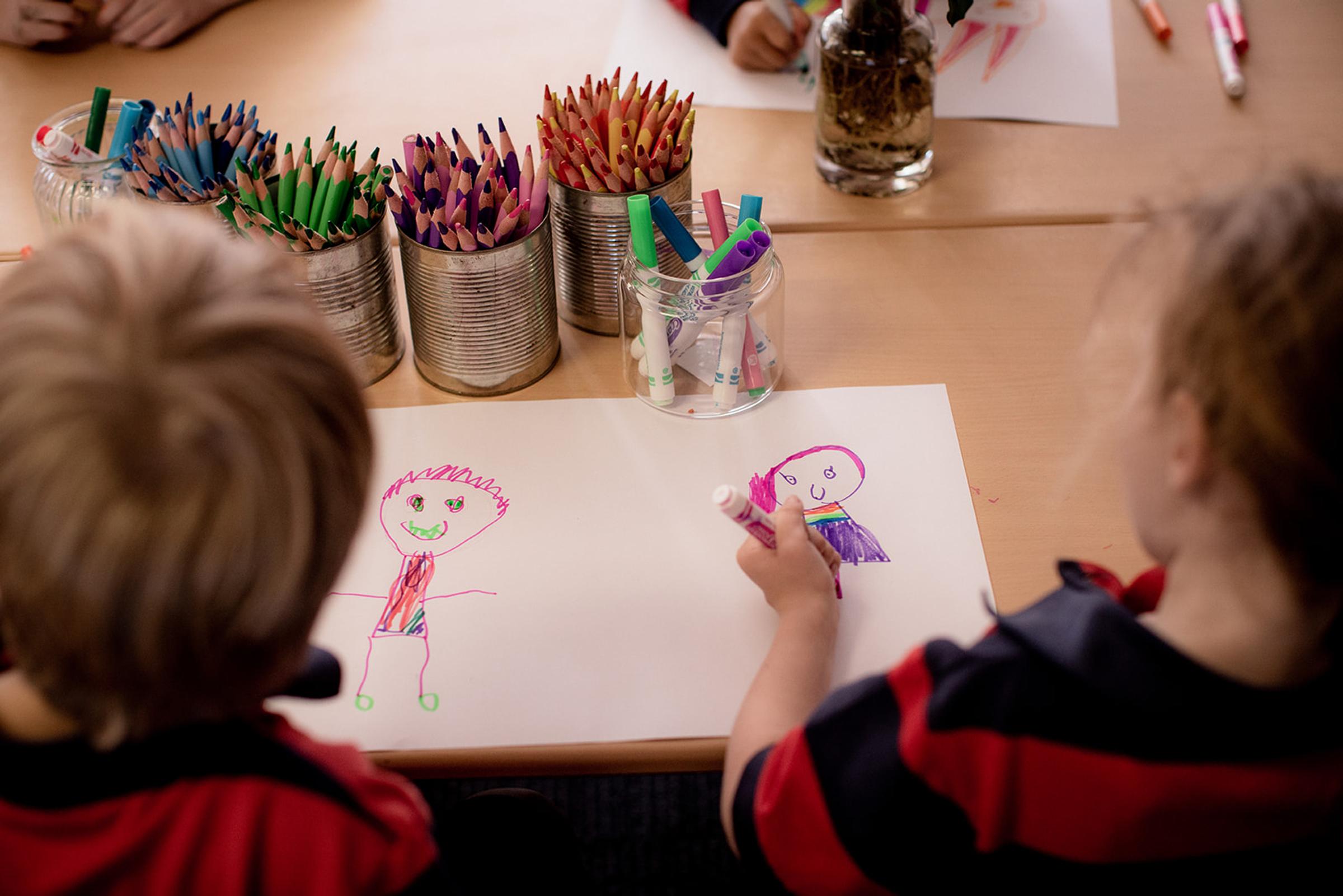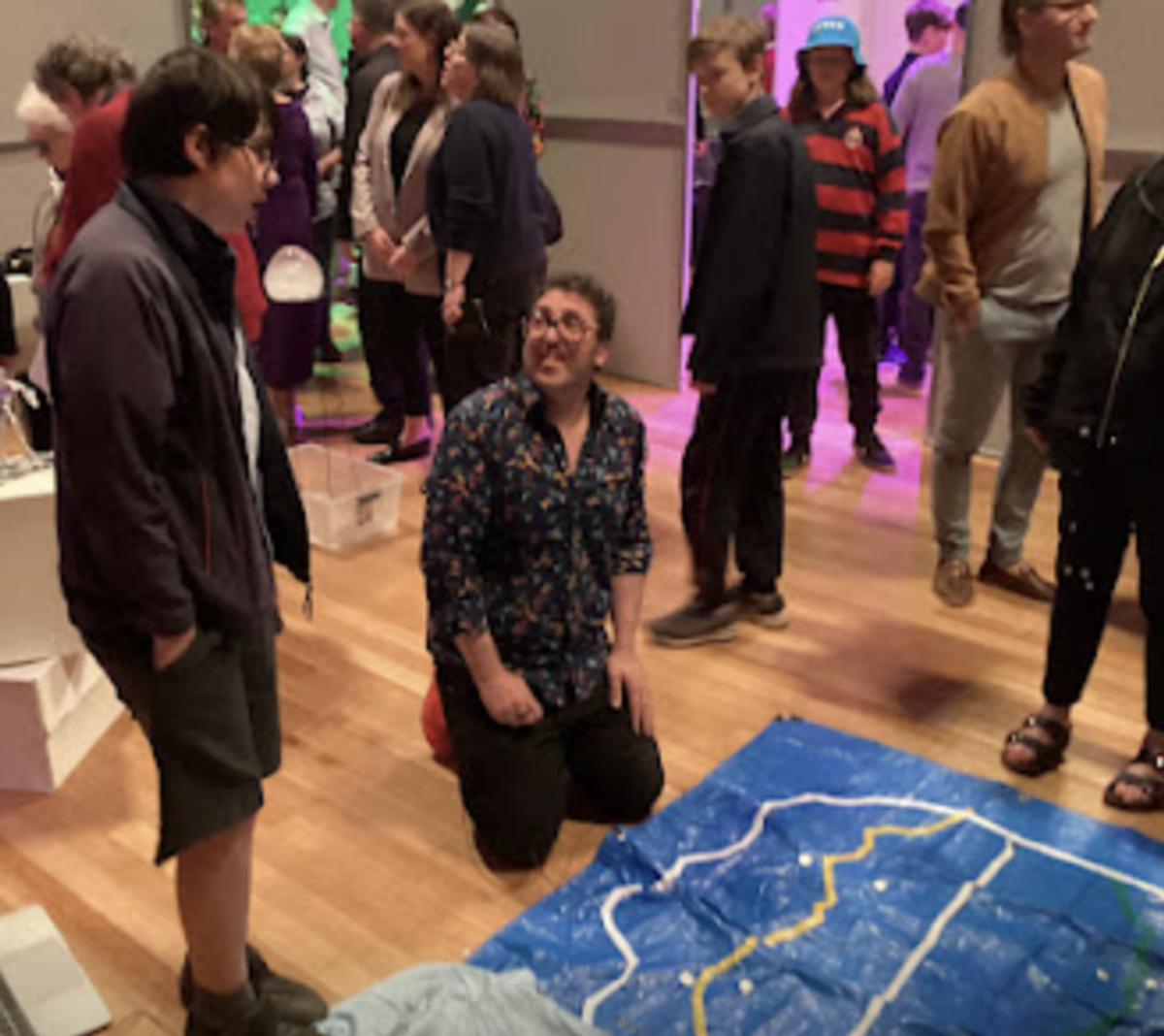Strengthening Learning - Connecting with Families

Fostering Strong Partnerships with Families
As a PYP learning community we recognise that education is a uniquely social endeavour, which holds great benefits for all, both individually and collectively.
The International Baccalaureate describes an inclusive learning community as one that:
- lives peacefully together by engaging with different ways of knowing and being,
- prioritizes people and their relationships,
- assumes shared responsibility for learning, health and well-being, and where
- everyone in the learning community has agency, see themselves as contributors to its strength and success, and take action to affect change.
Taking action provides opportunities to take learning further at home.
Often as a result of learning, students are eager to take action of their own, to further their learning or to put new learning into practice. Action can take on many forms, it could range from taking ownership of a specific area of learning they wish to improve upon or creating a response to new learning that they wish to share.
From time to time students may be asked to undertake work at home connected with their current Unit of Inquiry. This allows parents to be authentically involved in their child’s learning and reinforces the importance of the partnership between home and school. Examples of this might include: students having a survey to ask family members, or to find an artefact that represents an aspect of their culture or their family.
We welcome community members to become engaged in learning opportunities that are occurring across the school. These range from supporting learning in the classroom, accompanying outdoor education trips or class excursions and/or joining us for assemblies and whole school celebrations.
Supporting Literacy and Numeracy Learning at home
We recognise that student learning in literacy is supported by exposure to quality literature and discussion to build understanding. We ask that families spend time reading and talking to and with their children; establishing a love of literacy and an appreciation of the value of reading and writing as essential modes of communication and expression.
From time to time your child may bring home a game or activity to practise with a focus on building their literacy or numeracy skills, we encourage you to enjoy these moments where the practice of skill-based competencies can be engaging and fun.
Classroom teachers will communicate daily routines for changing library books and access to a collection of take-home books to practice reading skills early in the school year.
Thinking mathematically can be supported at home by families in many ways. These might include playing games involving pattern and number, sharing simple card and dice games to complex board games that require mathematical calculations. Providing opportunities that allow for the application of mathematical concepts and skills in real life situations is really positive way to support the developing skills of numeracy learning with your child. Families are welcome to speak to classroom teachers for specific details hon how best to support their child with individual learning pathways.


